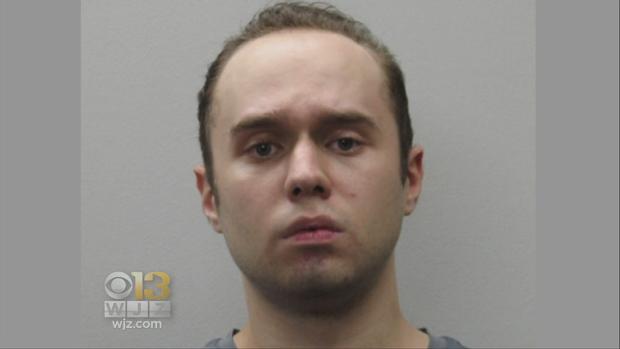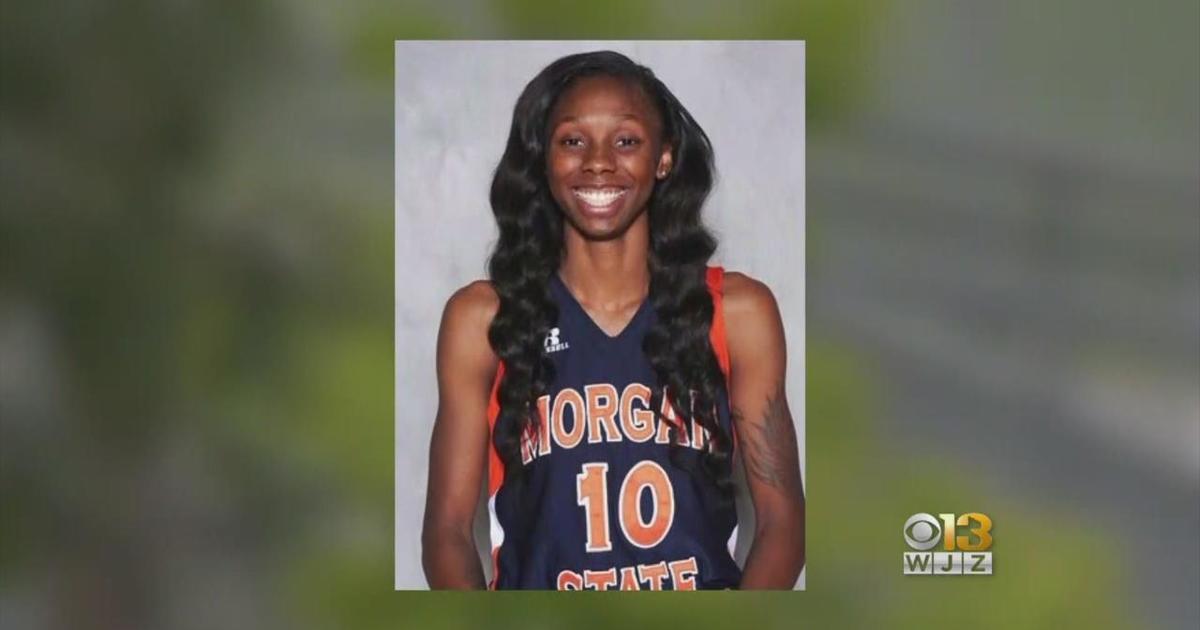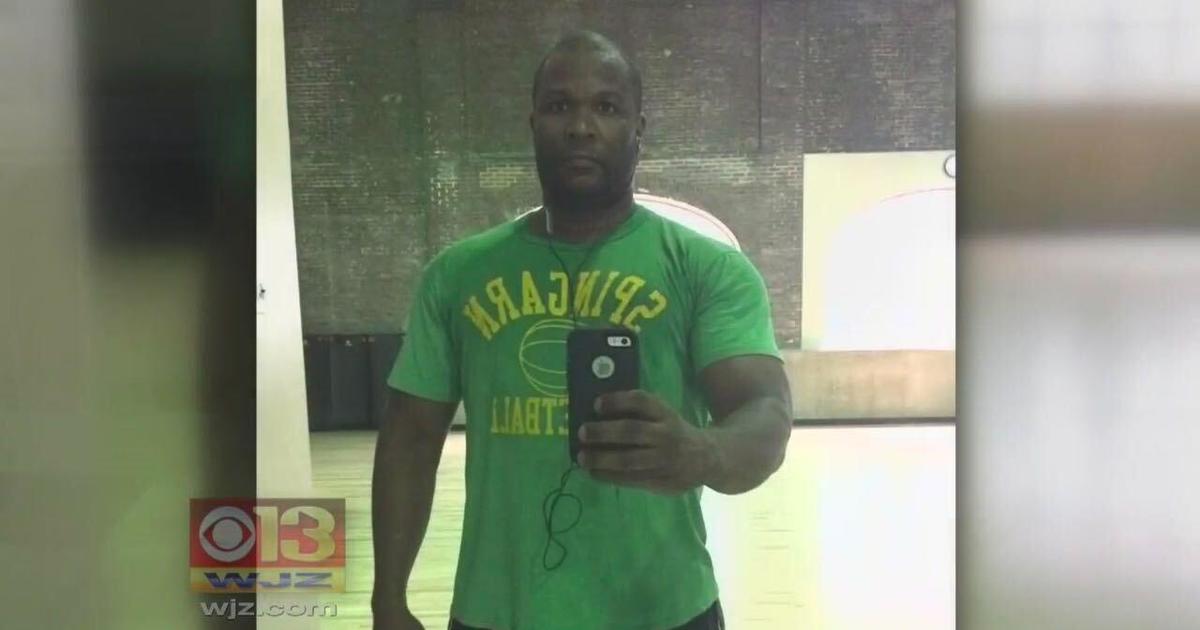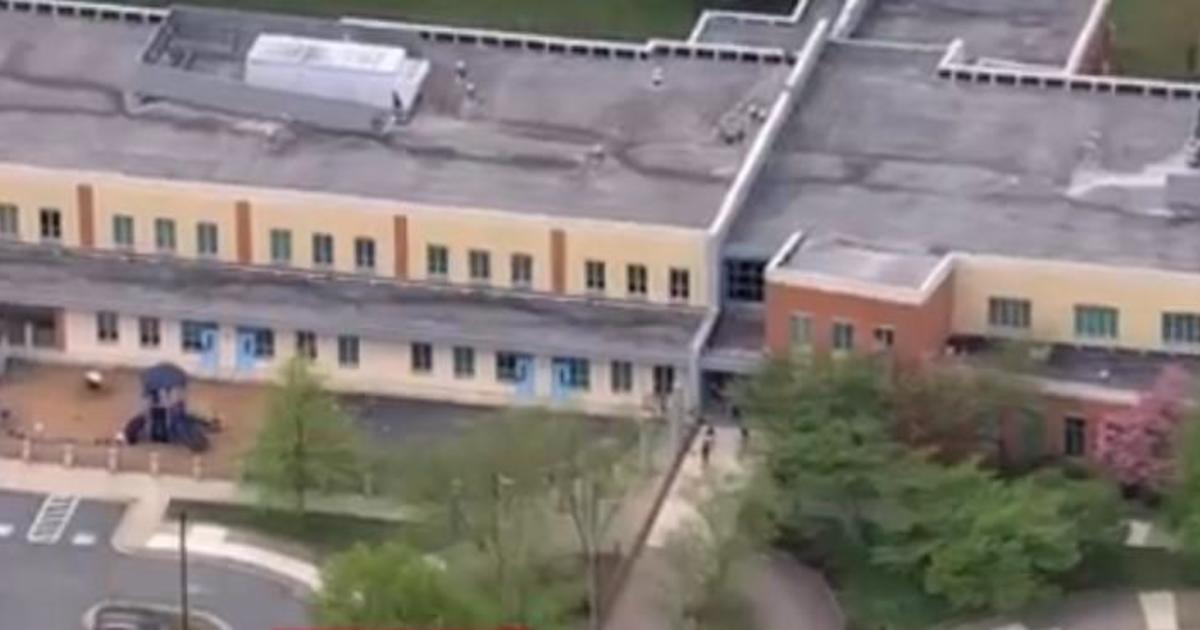Daniel Beckwitt Convicted In Man's Death In Bunker Fire
ROCKVILLE, Md. (AP) — A jury convicted a wealthy stock trader of second-degree murder and involuntary manslaughter Wednesday in the fiery death of a man who was helping him secretly dig tunnels for an underground nuclear bunker beneath his Maryland home.
Jurors deliberated for about 12 hours before delivering their verdict in the case of 27-year-old stock trader Daniel Beckwitt.
Beckwitt had been charged with both offenses in the September 2017 death of 21-year-old Askia Khafra. He faces up to 30 years in prison at sentencing set for June 17.
Beckwitt slumped over a table, covered his face with his hands and wept after the verdict was read. He shook his head as court officers handcuffed him. Judge Margaret Schweitzer agreed to revoke Beckwitt's $100,000 bond.
The fire erupted as Khafra was digging tunnels under Beckwitt's Bethesda home, which was littered with piles of garbage.
A prosecutor accused Beckwitt of recklessly endangering Khafra's life and sacrificing safety for secrecy.
Defense attorney Robert Bonsib had told jurors the fire was an accident, not a crime. Beckwitt did not testify at his trial, which lasted nearly two weeks.
Bonsib said afterward that he would appeal. He said he believes the jurors may have been unfairly influenced by photographs they were shown of extreme hoarding conditions at the home in the upscale Maryland suburb of the nation's capital.
"The problem is the pictures of the hoarding conditions did not reveal what the path out of the home looked like before the fire," Bonsib said.
Dia Khafra, Askia's father, said he was pleased with the verdict and thanked investigators and prosecutors for their work on the case.
"It has restored my faith in the justice system," he said.
Montgomery County prosecutor Marybeth Ayres had said Beckwitt created the conditions that prevented Khafra from escaping the fire. Ayres said Beckwitt engaged in "extreme risk-taking behavior" and created a "death trap" in his family's home, with mounds of trash blocking Khafra's escape.
"This was a survivable fire, and we know that because the defendant survived," she said Tuesday during the trial's closing arguments.
Beckwitt went to elaborate lengths to keep the project a secret. Jurors heard that he tried to trick Khafra into thinking they were digging the tunnels in Virginia instead of Maryland by having him don "blackout glasses" before taking him on a long drive. They also were told Beckwitt also used internet "spoofing" to make it appear they were digging in Virginia.
Bonsib described his client as a "very strange young man" but urged jurors to look past his idiosyncratic personality.
"Being different, living in a different circumstance, is not a crime," he said.
Hours before the fire broke out in the basement, Khafra texted Beckwitt to warn him it smelled like smoke in the tunnels. Ayres said Beckwitt didn't respond for more than six hours before telling Khafra that there had been a "major electrical failure." Instead of getting Khafra out of the tunnels, Beckwitt told him that he "just switched it all over to another circuit," according to the prosecutor.
Bonsib said Beckwitt screamed for help from neighbors after the fire broke out and risked his own safety in a failed attempt to rescue his friend from the blaze.
The fire erupted in the basement as Khafra was digging tunnels lower down under Beckwitt's home. Firefighters found his naked, charred body in the basement, only a few steps from an exit.
Khafra met Beckwitt online. Beckwitt had invested money in a company Khafra was trying to launch as he helped Beckwitt dig the tunnels.
A hole in the concrete basement floor led to a shaft that dropped down 20 feet (6 meters) into tunnels that branched out roughly 200 feet (60 meters) in length. Investigators concluded the blaze was ignited by a defective electrical outlet in the basement.
Khafra worked in the tunnels for days at a time, eating and sleeping in there. They had lights, an air circulation system and a heater.
Bonsib said Khafra was a willing participant in the project. He argued there was no evidence, only speculation, to explain why Khafra died in the fire that day.
"This case is a mystery without an answer," Bonsib told jurors.
Ayres said the evidence clearly shows why Khafra died in the fire.
"Because he couldn't get out," she said.
More than three hours before they reached a verdict, jurors told the judge that they had agreed on a verdict on one count against Beckwitt but didn't have a unanimous decision on the other count. They didn't elaborate, and the judge instructed them to continue deliberating.
(© Copyright 2019 The Associated Press. All Rights Reserved. This material may not be published, broadcast, rewritten or redistributed.)




